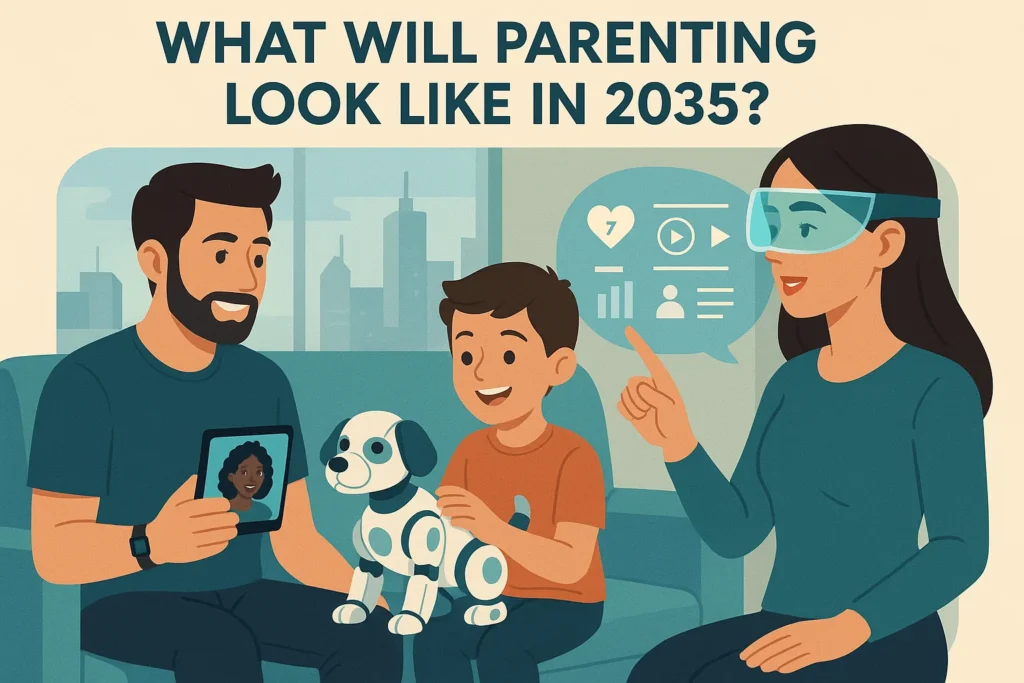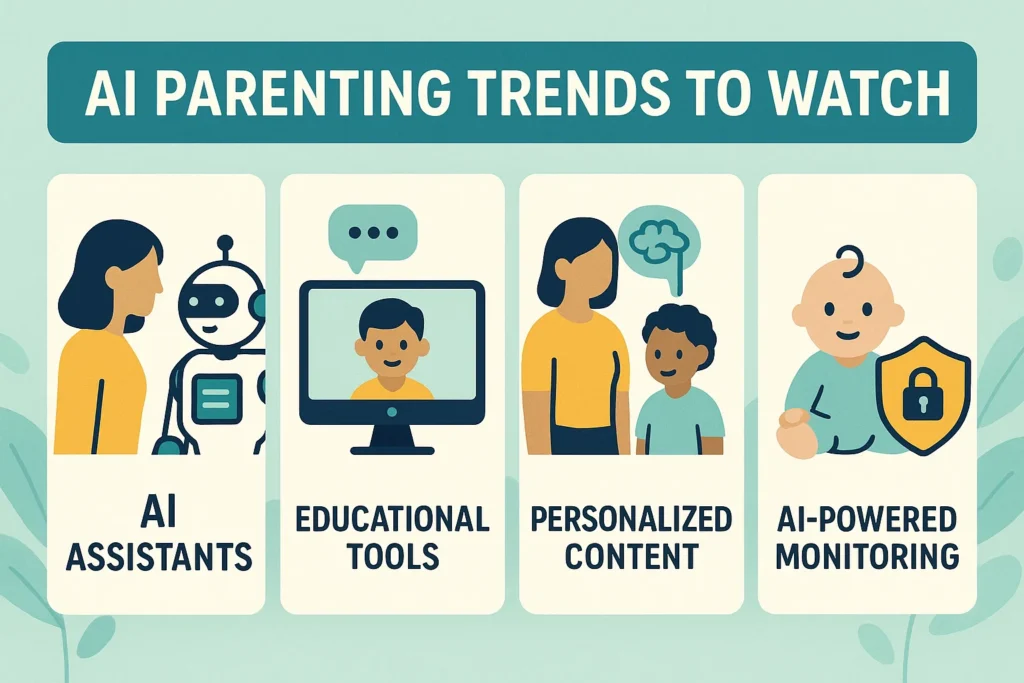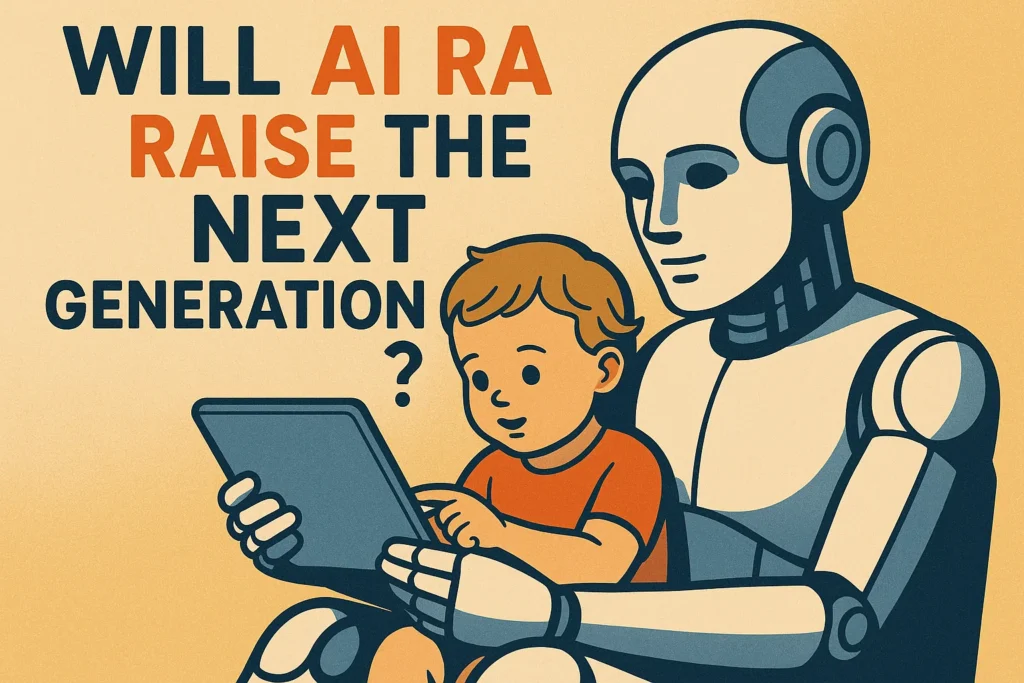🌟 Introduction
The world is evolving at lightning speed, and so is parenting. By 2035, artificial intelligence, robotics, and digital ecosystems will play a huge role in how families live, learn, and grow. But does this mean parenting will lose its human essence? At AiBlogQuest.com, we explore the fascinating future of parenting in 2035, where technology and tradition will need to strike the right balance.
🚀 7 Bold Predictions About Parenting in 2035
-
AI Co-Parenting Assistants 🤖
Families may rely on AI-driven virtual caregivers to help with schedules, tutoring, and even conflict resolution. -
Personalized Education Paths 📚
Instead of traditional schools, children may learn through adaptive AI tutors that design customized learning journeys. -
Digital Health Monitoring 🩺
Wearable AI will track children’s mental and physical health in real-time, alerting parents to potential issues. -
Smart Homes as Parenting Partners 🏠
Homes may evolve into fully AI-managed environments that optimize safety, nutrition, and learning. -
Emotional AI Companions 💬
Kids might have AI “friends” that provide emotional support — raising questions about the line between tech and real relationships. -
Parental Focus on Ethics and Empathy ❤️
As AI handles tasks, parents may focus more on teaching values, creativity, and emotional intelligence. -
Global Digital Parenting Communities 🌍
Parents will connect worldwide, sharing strategies and challenges in real-time through AI-curated platforms.
⚖️ The Challenges Ahead
While AI will make parenting more efficient, risks like privacy concerns, over-reliance on machines, and loss of traditional skills could emerge. Families will need to balance AI support with the irreplaceable human touch.
🔗 Useful Links – AiBlogQuest.com
-
Balancing Human Touch with AI Support
-
Children’s Rights in the Age of AI
❓ FAQ
Q1: Will AI replace parents by 2035?
No, AI can support but not replace the emotional, ethical, and human aspects of parenting.
Q2: What skills will parents need most in 2035?
Empathy, emotional intelligence, and the ability to set boundaries with technology.
Q3: How will schools change by 2035?
Many schools may move to AI-personalized learning, but human teachers will still play a critical role in mentoring.



